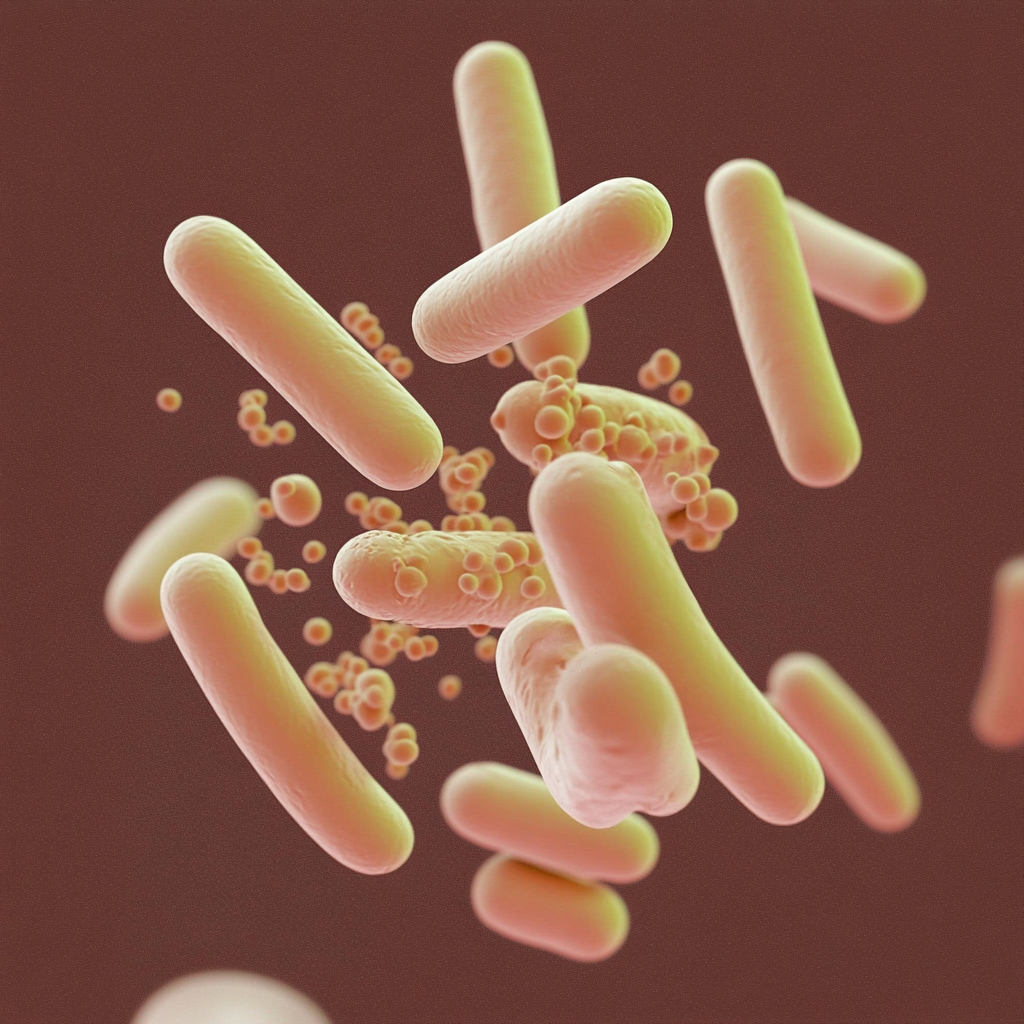Lactobacillus in Gardening: The Probiotic Powerhouse for Soil and Plant Health
When most people hear "Lactobacillus," their minds typically turn to probiotics, yogurt, or digestive health. Yet, this remarkable microorganism plays a critical role beyond the human body—particularly in the garden. Lactobacillus, known for its robust probiotic qualities, is increasingly recognized as a transformative agent in organic and sustainable gardening. By enhancing soil vitality, improving plant health, and supporting ecological balance, it offers a holistic approach to cultivation. In this article, we explore the extensive benefits of Lactobacillus in gardening and how it can revolutionize the way you grow.
1. Enhancing Soil Health with Lactobacillus
Healthy soil forms the foundation of a thriving garden, and Lactobacillus plays a pivotal role in enriching it. These beneficial bacteria help decompose organic matter, breaking down complex compounds into bioavailable nutrients such as nitrogen, phosphorus, and potassium. The presence of Lactobacillus also improves soil structure and aeration, which enhances water retention and reduces compaction.
Moreover, Lactobacillus contributes to creating a dynamic soil microbiome. By fostering a more diverse and active microbial community, it ensures long-term fertility and reduced reliance on synthetic fertilizers.
2. Natural Defense: Pest and Disease Control with Lactobacillus
Keeping pests and diseases at bay is essential for garden success. Lactobacillus helps in this regard by producing antimicrobial substances such as lactic acid and hydrogen peroxide, which inhibit the growth of harmful pathogens. These bacteria also outcompete pathogenic microorganisms for nutrients and space, effectively acting as a natural biocontrol mechanism.
By minimizing the need for chemical pesticides, Lactobacillus supports an eco-friendly garden ecosystem, making it safer for pollinators, pets, and humans.
3. Supercharging Plant Growth with Probiotic Power
One of the most exciting applications of Lactobacillus in gardening is its direct effect on plant development. These microbes stimulate plant growth hormones such as indole-3-acetic acid (IAA), which enhances cell division and root elongation. Stronger roots mean better nutrient and water uptake, leading to more vigorous plant growth and higher yields.
Additionally, foliar sprays containing Lactobacillus have been shown to improve leaf color, chlorophyll production, and resistance to environmental stressors.
4. Increasing Plant Resilience Against Stress
Plants often face stressors like drought, transplant shock, and extreme temperatures. Lactobacillus mitigates these impacts by promoting systemic resistance. When applied to soil or foliage, it triggers the plant's immune system, helping it better cope with environmental pressures. This leads to improved survival rates and healthier growth under adverse conditions.
Studies have shown that plants treated with Lactobacillus experience less oxidative stress, which translates to better overall health and longevity.
5. Supporting Eco-Friendly Gardening Practices
Integrating Lactobacillus into gardening routines aligns with principles of environmental stewardship. Unlike synthetic chemicals that can disrupt ecosystems, Lactobacillus promotes biodiversity by supporting beneficial soil microbes and minimizing pollutant runoff. This leads to healthier gardens and a more sustainable planet.
Moreover, using probiotic solutions reduces the carbon footprint associated with manufacturing and transporting chemical inputs, making your gardening practice more eco-responsible.
6. Application Methods for Maximum Benefit
To reap the full rewards of Lactobacillus, application methods must be tailored to specific gardening needs. Common approaches include:
- Soil Drenching: Mixing Lactobacillus into water and applying directly to the soil.
- Compost Activation: Adding to compost piles to accelerate decomposition and nutrient cycling.
- Foliar Sprays: Applying diluted Lactobacillus solutions directly to leaves for pest control and growth stimulation.
Frequency and concentration vary based on plant type, climate, and soil condition, so be sure to follow product guidelines or consult a gardening expert.
7. Real-Life Success Stories
Gardeners worldwide are experiencing remarkable results with Lactobacillus. From community gardens in urban settings to large-scale organic farms, users report improved soil texture, faster plant growth, and fewer disease outbreaks. Many note a significant reduction in the use of chemical fertilizers and pesticides, affirming Lactobacillus as a cornerstone of regenerative agriculture.
Conclusion
Lactobacillus has emerged as a versatile and powerful ally in modern gardening. By enriching the soil, supporting plant health, and fostering sustainable practices, it enables gardeners to cultivate thriving, resilient landscapes. Whether you're an amateur home gardener or a professional horticulturist, incorporating Lactobacillus into your gardening regimen can yield vibrant, eco-friendly results. Embrace this probiotic powerhouse and take a step toward a greener, healthier garden today.
Frequently Asked Questions (FAQs)
1. Can Lactobacillus be used in all soil types?
Yes, Lactobacillus is adaptable and can enhance a variety of soil types, though results may vary based on initial soil health and composition.
2. How often should I apply Lactobacillus to my garden?
For best results, apply every 2-4 weeks during the growing season. Adjust frequency based on plant needs and environmental conditions.
3. Is Lactobacillus safe for edible plants?
Absolutely. In fact, it is commonly used in organic farming and is considered safe for all edible crops.
4. Can I make a DIY Lactobacillus culture at home?
Yes, homemade Lactobacillus cultures can be created using rice wash fermentation. However, commercial products often offer more concentrated and stable formulations.
5. What makes Lactobacillus different from other beneficial bacteria?
Its unique ability to produce antimicrobial compounds and stimulate plant growth hormones sets it apart from other soil microbes.

